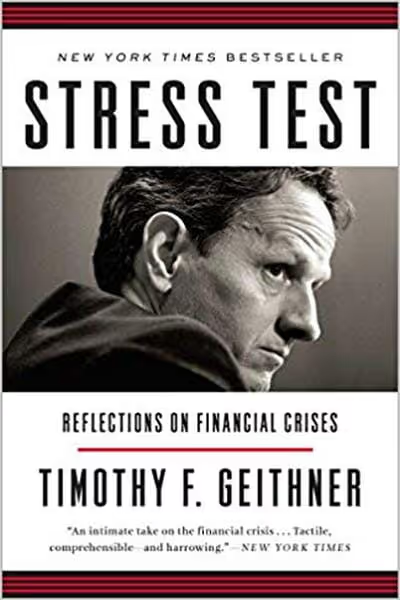The Long Game
I have learned that the story of a nation’s success, and the success of each one of us, is a slow awakening to the timeless value of the long game.”
In October 1984, a hard-charging Kentucky politician waited excitedly for President Ronald Reagan to arrive at a presidential rally in Louisville. In the midst of a tough Senate campaign, the young Republican hoped Reagan’s endorsement would give a much-needed boost to his campaign. Alas, when Reagan finally stepped to the microphone, he smiled for the crowd and declared: “I’m happy to be here with my good friend, Mitch O’Donnell.”
That was hardly Mitch McConnell’s first setback, and far from his last. But as he learned running his very first campaign for high school student body president, you don’t have to be the most popular, most athletic, or even the luckiest kid to win. You just need to run the best campaign. So he swallowed hard, put his head down, and kept going. Four weeks later he won his Senate seat, beginning a storied career that would eventually lead to his becoming the Senate Majority Leader.
The Long Game is the candid, behind-the-scenes memoir of a man famous for his discretion. He tells how his mother helped him beat polio by leading him through long, aching exercises every day for two years. He explains how his father taught him the importance of standing up to bullies, even if it meant taking the occasional punch. And he reveals what he really thinks about the rivalry between the Senate and the House; about the players and the stakes involved when a group of political opportunists tried to hijack the Tea Party movement; and about key figures such as Barack Obama, Joe Biden, and Harry Reid. He tells the inside story of the battle against Obamacare and explains the real causes of the chronic gridlock, his ongoing efforts to restore the U.S. Senate, and what ordinary citizens have a right to expect from Washington.
In today’s atmosphere of impatience and instant gratification, McConnell still believes the Founders knew best when they instituted a government with checks and balances. As he writes, “In the end, the goal isn't a perfectly running congressional machine or a party without blemish or inner turmoil. The goal is to allow the country to work out its differences freely and energetically, confident that the institutions the Founders left us are capable of accommodating the disputes and disagreements that arise in a nation as big and diverse and open as ours.”






















































